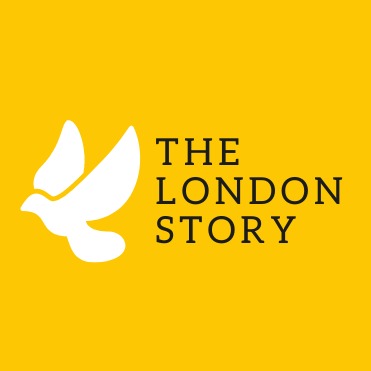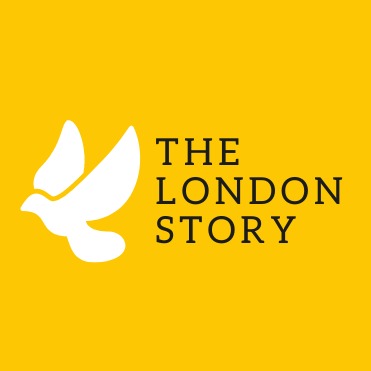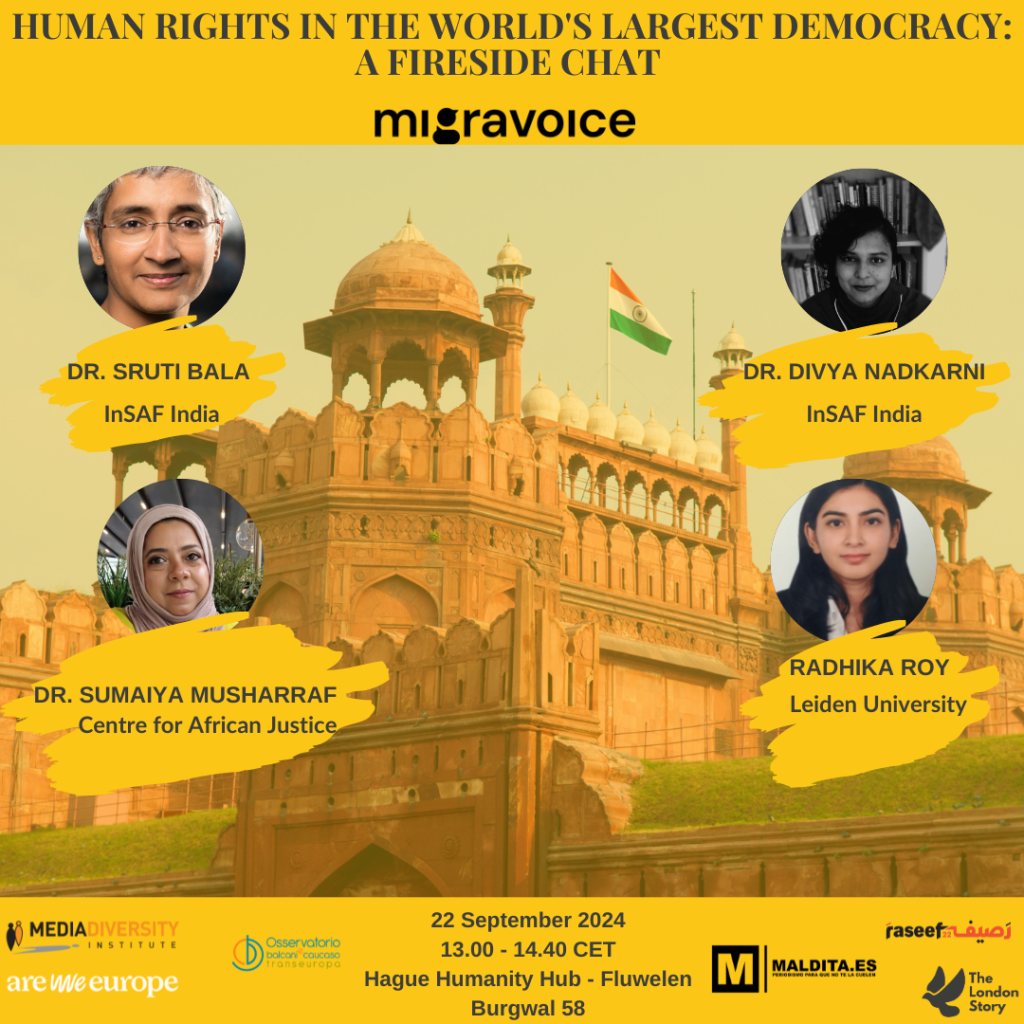Some students lose visas or opportunities to study because they (want to) study things like environmental destruction. Conferences and Zoom calls have even been monitored and surveyed to assure that they fit national interests. Academics relying on scholarships, such as NOS scholarship-holders are asked to agree not to post anti-national content during their scholarships on social media – further policing academic freedom.
As one example, we spoke about a scholar who won a government fellowship to study in Mumbai and became involved in forest rights initiatives, together with indigenous communities. They were later accused of being a Maoist and then charged with sedition, overthrowing the state, and similar trumped-up charges.
These are just some examples of how academics can be policed, even when they are far away from India. In fact, Hindutva exists throughout the world, even here in the Netherlands, where it remains relatively underacknowledged.
Perhaps one difference between the policing of speech and research at Indian universities and elsewhere is that Indian universities have historically been the breeding ground of various social and political movements in a way that is not currently mirrored by universities outside of India.
Coming Back to the Main Theme: Modi 3.0
The chat rounded back nicely to a discussion on what kinds of changes could be observed now that the BJP did not win with an overwhelming majority as in years past. Some experts, like Dr. Sumaiya Musharraf see some changes due to there now being an opposition. In theory there should be a chance for the opposition to push back on bills instead of them being pushed easily, as they had been in the past when BJP had an overwhelming majority.
She definitely sees the change in the judiciary; for instance, people are getting bail now. Other positive changes include that bulldozer justice, the act of bulldozing the houses of accused criminals, has been condemned by the Supreme Court. The Court also appears to be making various attempts to regain its full independence.
As it regards women’s rights and representation, the areas of focus for Dr. Musharraf’s speciality, there is higher female representation in the Lok Sabha, including one woman from a religious minority. There is a law to reserve more equal representation of women in the parliament but its implementation is slowed since the quotas must be determined by the number of women recorded in the census. The census is postponed until at least 2026.
The roundtable closed with an acknowledgment of the importance of the right to peaceful protest and a round of networking to get to know each other. This event was open to the public but did require registration.
If you missed the event and would like to attend another event planned by the London Story, please subscribe to our newsletter and/or follow our social media pages for more updates.
For questions and comments, contact advocacy@thelondonstory.org.
Read additional resources:
Learn more about our MigraVoice network:
*This project is co-funded by the European Union (Project number: LC-02408780). Views and opinions expressed are however those of the author(s) only and do not necessarily reflect those of the European Union. Neither the European Union nor the granting authority can be held responsible for them.Project: ŁC 02408780 — Migrant Voices Matter in the European Media — CNECT/2022/8240201.



